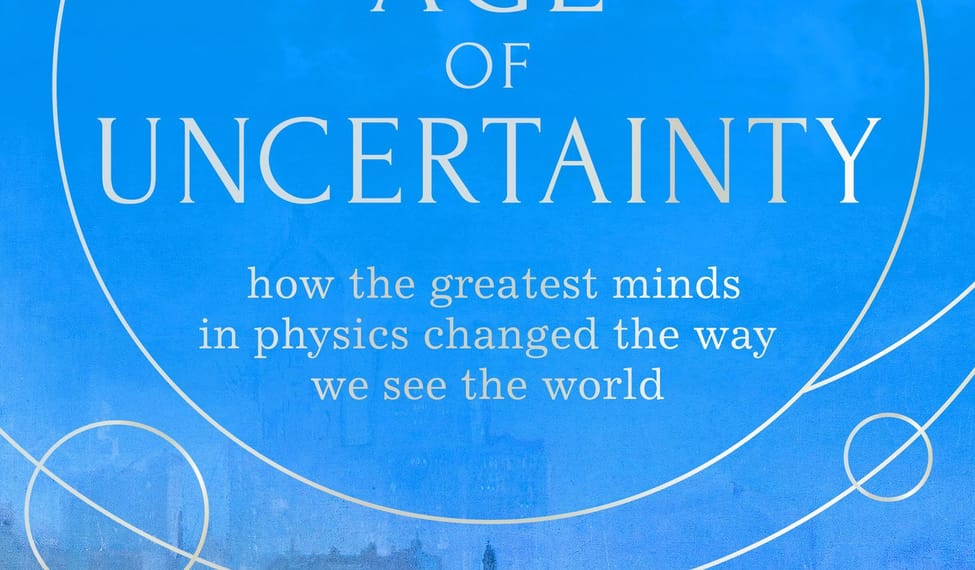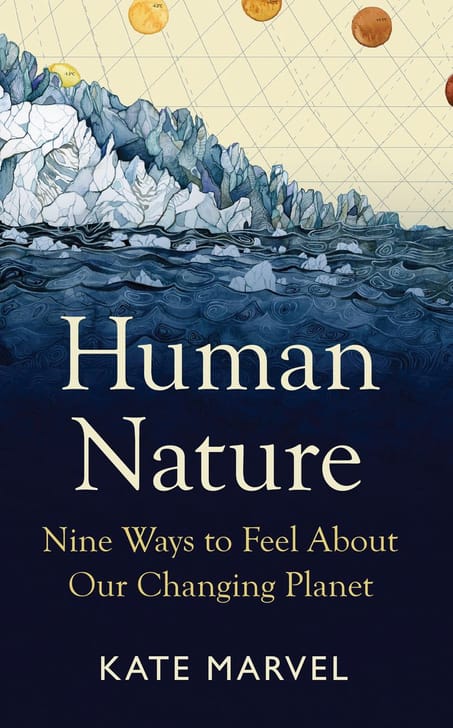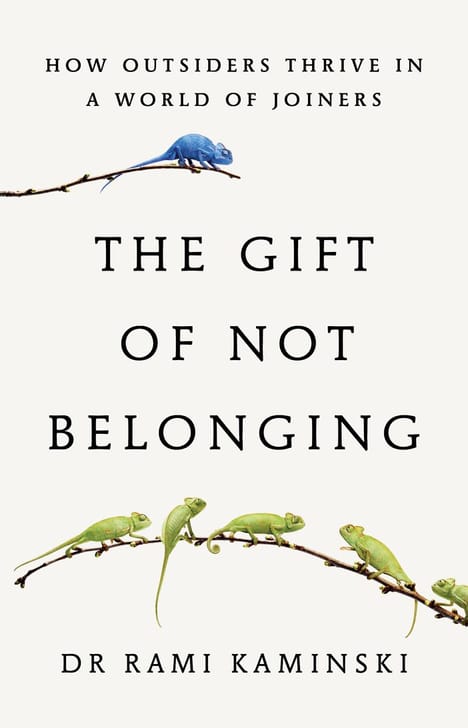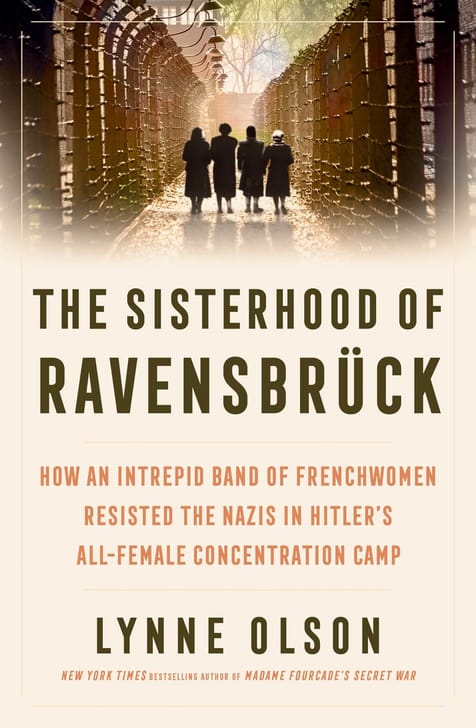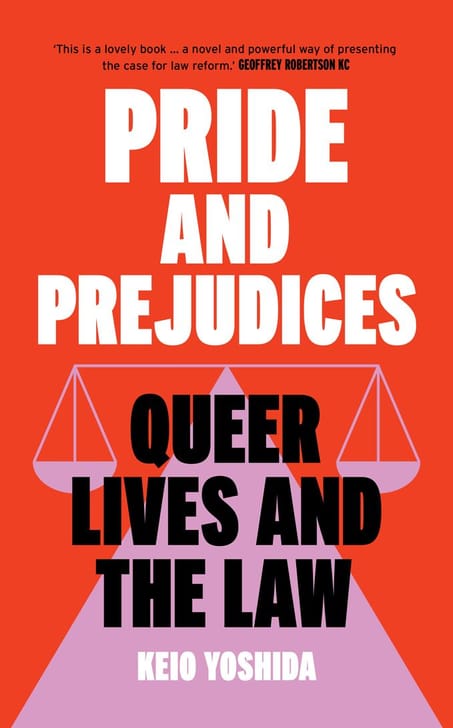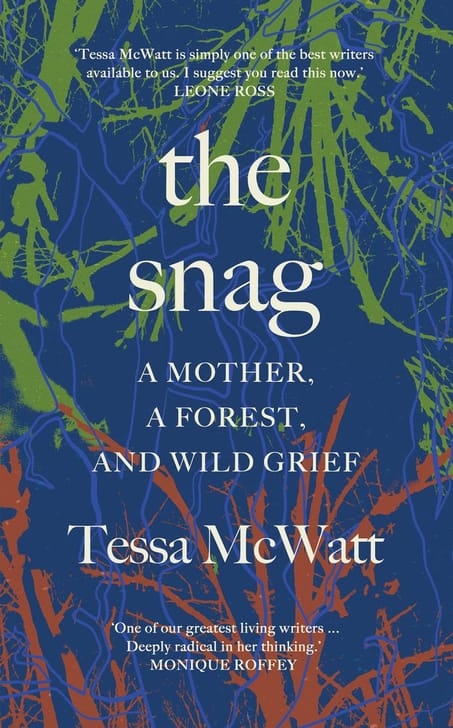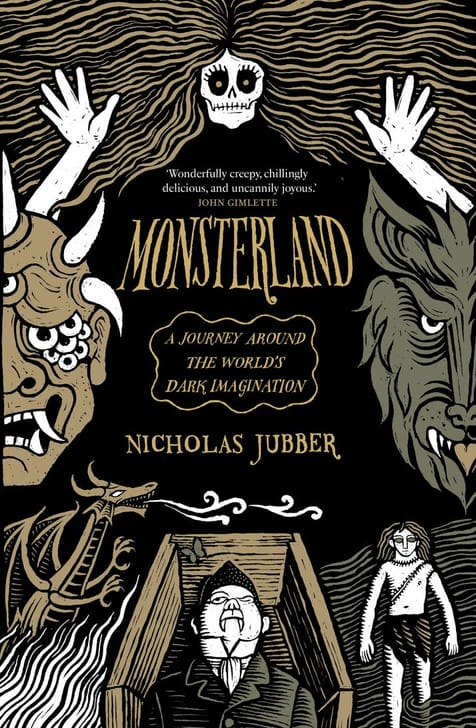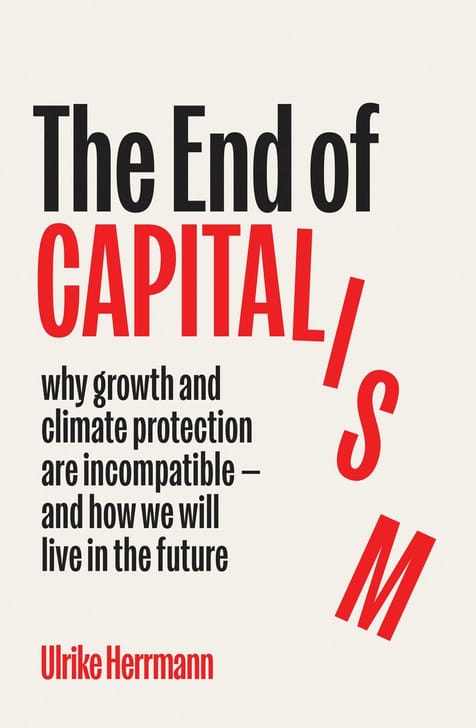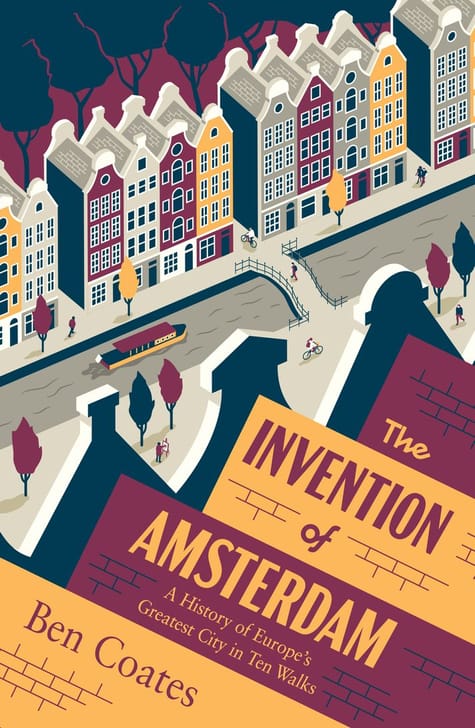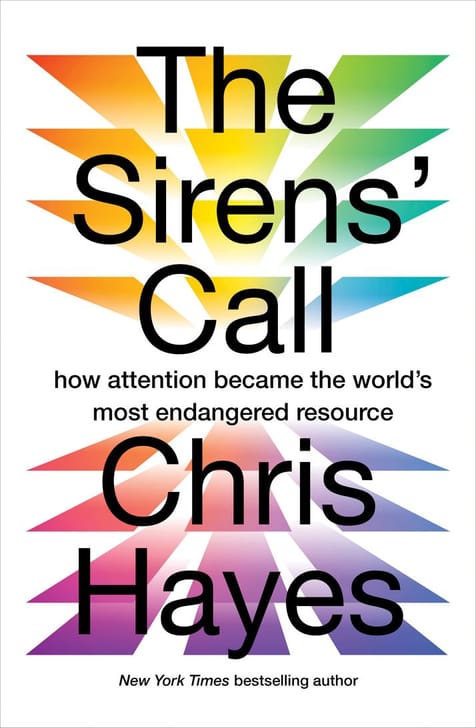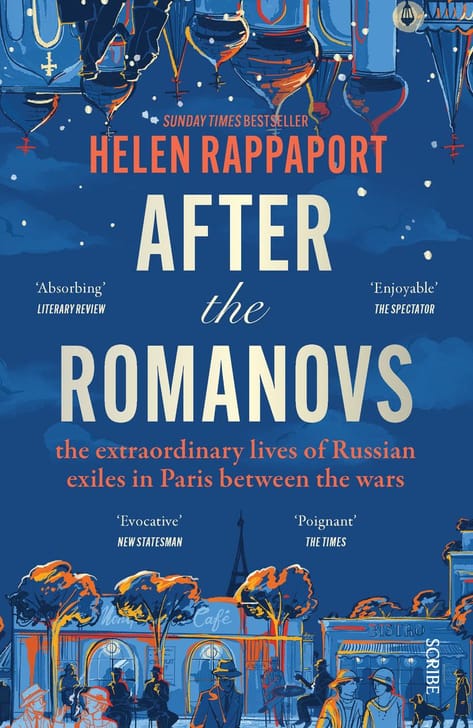
After the Romanovs:
the extraordinary lives of Russian exiles in Paris between the wars
After the Romanovs:
the extraordinary lives of Russian exiles in Paris between the wars
Overview
A TLS AND PROSPECT BOOK OF THE YEAR
The scintillating story of the Russian aristocrats, artists, and intellectuals who sought refuge in interwar Paris.
The fall of the Romanov dynasty in 1917 forced thousands of Russians to flee their homeland with only the clothes on their backs. Many came to France’s glittering capital, Paris. Former princes drove taxicabs, while their wives found work in the fashion houses. Intellectuals, artists, poets, philosophers, and writers eked out a living at menial jobs; some found success until the economic downturn of the 1930s hit. In exile, White Russians sought to overthrow the Bolshevik regime from afar, and double agents plotted from both sides. Many Russians became trapped in a cycle of poverty and their all-consuming homesickness.
This is their story.
Details
- Format
- Size
- Extent
- ISBN
- RRP
- Pub date
- Rights held
- Other rights
- Paperback
- 198mm x 129mm
- 336 pages
- 9781914484766
- GBP£10.99
- 9 February 2023
- UK & Commonwealth (ex. Can)
- Peters Fraser & Dunlop
Categories
Awards
- Longlisted for the 2023 HWA Non-Fiction Crown
Praise
‘The top-notch historian Helen Rappaport brings to life the world of the Russian aristocrats, artists, and intellectuals who sought refuge in belle époque Paris. Plotting, gossip, homesickness, and champagne.’
‘Entertaining and, at times, heart-wrenching … Rappaport, a prolific historian and highly regarded Romanov expert, unveils a Paris in which Russians had long played a prominent role.’
About the Author
Dr Helen Rappaport is the New York Times bestselling author of several books, including Magnificent Obsession, Four Sisters, and Caught in the Revolution. She is a fellow of the Royal Historical Society, a specialist in imperial Russian and Victorian history, and a frequent historical consultant on TV and radio. She lives in West Dorset.

